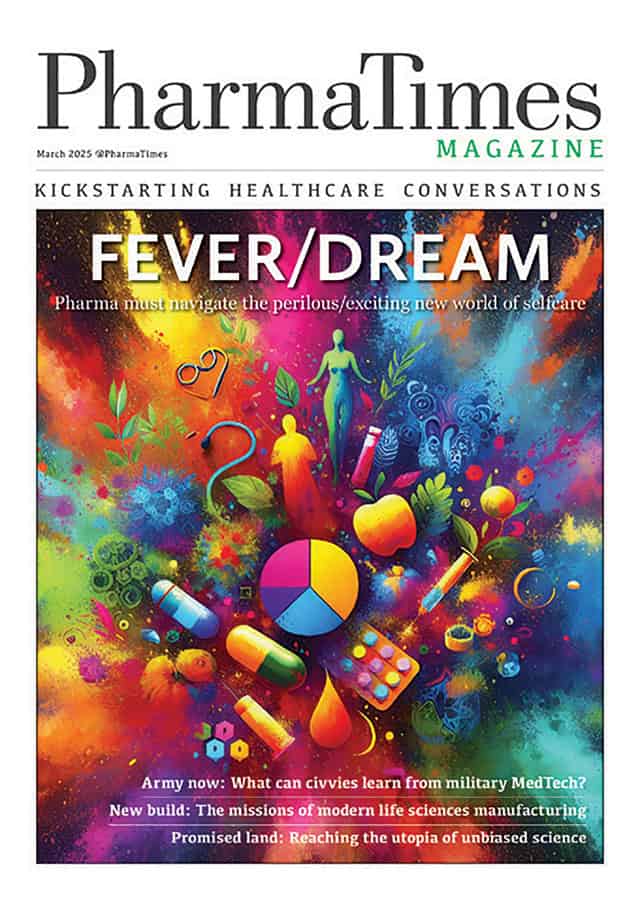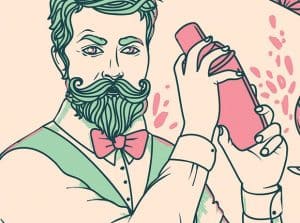Smoke and mirrors
The other day I was in a shop, about to buy a Mars Bar and a can of Lilt for breakfast, when the gentleman in front of me – who was at least 70 – asked the shop worker for two ‘rhubarb and raspberry explosions’.
Initially my mind was unable to process the juxtaposition of the age group relative to the request. The conundrum, however, was resolved when a brace of garishly coloured disposable vapes was placed on the counter.
Whatever the circumstances, irrespective of the historical life choices which led to this moment, it didn’t seem like a very good day for self-care.
Vaping – 15 years after its emergence as the solution to our collective smoking crisis – is now having its own day of reckoning. Indeed, excessive use is causing a subculture of addicts who didn’t smoke in the first place and a toxic mountain of discarded hardware.
This is simply evidence that the NHS – which also prescribed cigarettes and alcohol during its illustrious history – was blindsided by the concept of exterminating one evil with a ‘slightly’ lesser evil.
Needless to say, I am now frequently asked about wejight loss drugs. Unlike e-cigarettes, which drifted into public consciousness in a pre-social media age, these have exploded into the mainstream, riding on a tsunami of TikTok tomfoolery.
And, yet, I believe that self-care can fly as long as we can strike the balance between relieving the burden of poor health and ‘rhubarb and raspberry explosions’.
Patient autonomy, backed up by tech and pharma innovation is the only answer to the restoration of public health.
A potentially, nearly perfect possibility in a historically imperfect world.
Enjoy the mag!









